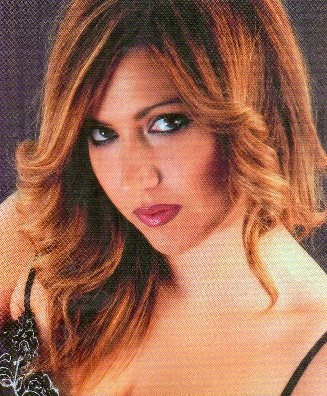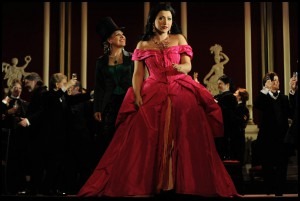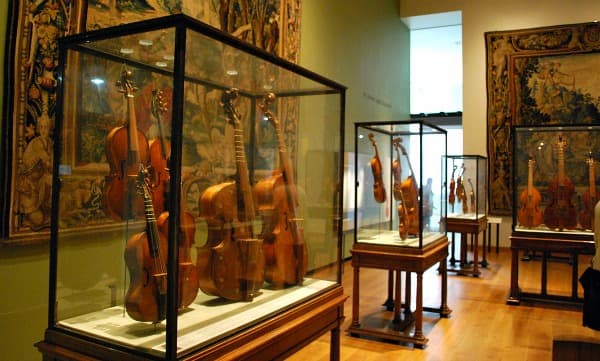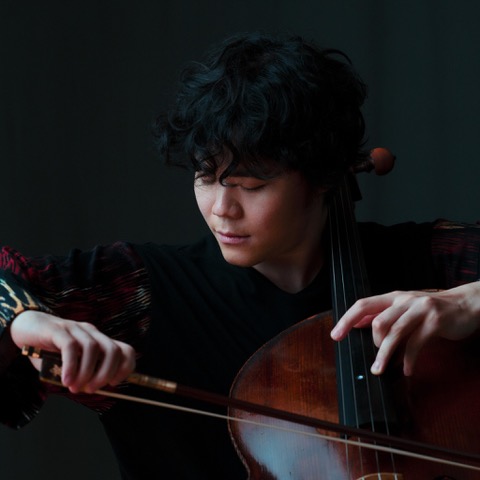
Credit: http://blog.ccoo.es/
‘I started singing when I was 14 years old’, she said, ‘while I was already studying violin at the conservatory in Palermo. I attended choir classes and fell in love with the art of singing. My household was definitely musical – my father is a clarinet player and my mother sung in a chorus – but though I knew I loved music I didn’t think about singing until I tried it. It was a personal thing – I was studying music because of my parents, but I started singing because it was what I wanted!’
But it was with her parents that Rancatore first began studying voice seriously. ‘My mother was and still is my teacher: I’ve been studying with her since I was 16 years old. It is very difficult for a mother and a child to work and study together but I think that for us it worked just fine. I also had another very important teacher, Margaret Baker Genovesi, I studied with her in Rome for more than 10 years developing my technique, style and coloratura. I was trained by two strong and exceptional women!’ But like many singers Rancatore owes some of her development to some significant mentors. ‘My first agent Virginio Fedeli, together with his collaborator Giorgio Bruno, were major inspirations. They believed in me when I was just a 17-year old kid from Palermo who no one knew! They saw what I had to offer, as did the late Gerard Mortier. This great man gave me the opportunity of a lifetime by inviting me to the Salzburg Festival when I was only 18. I owe them my beginnings, and the rest has been the result of hard, endless work and a lot of discipline.’
Given her heritage and vocal quality, it is unsurprising that Rancatore is renowned for her performances of Italian opera by composers such as Bellini, Donizetti and Verdi. I asked her what she enjoyed about performing this repertoire, and what difference it makes being an Italian when doing so. Rancatore was unequivocal. ‘All composers, Italians or not, are geniuses’, she said, ‘and I have the good fortune and responsibility to sing their “creatures”. I feel this responsibility both for Italian or foreigner composers. There are of course great performers of the Italian repertoire who are not Italian, but it is true that Italian opera represents the character and passion of the Italian people. Also the use of words is very important for creating legato; this is innate and therefore much easier for Italian speakers.’

Credit: http://fidelioartist.com/
I asked Rancatore whether, having achieved so much, she still had any remaining aspirations. It seems her concerns are less for her own career as for the health of her profession. ‘My hope is that meritocracy remains a fundamental element in music’, she said, ‘and that marketing won’t prevail. For myself, I only wish for health and for continuing singing at the level I am now after almost 20 years of my career.’
Desirée Rancatore will give recitals in Toyko and Osaka in July 2014.
Official Website
Rigoletto ‘Caro Nome’ Myung-Whun Chung
Contes d’Hoffmann-Les oiseaux


